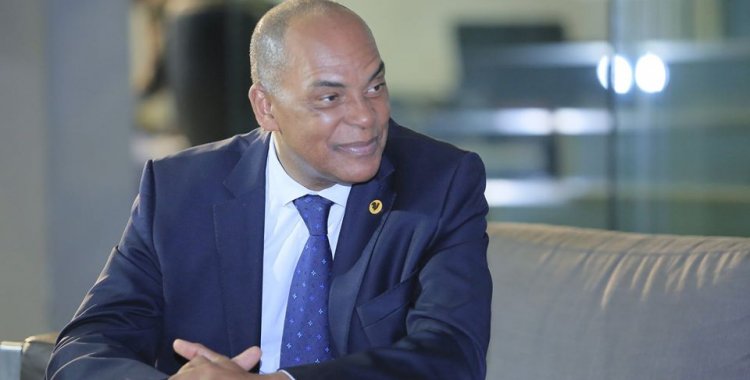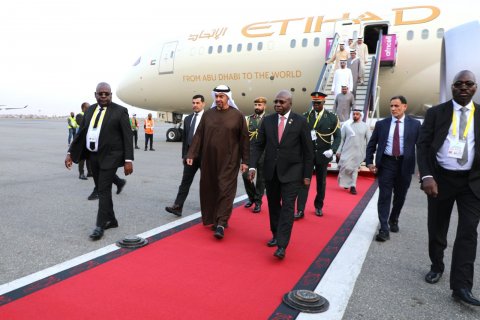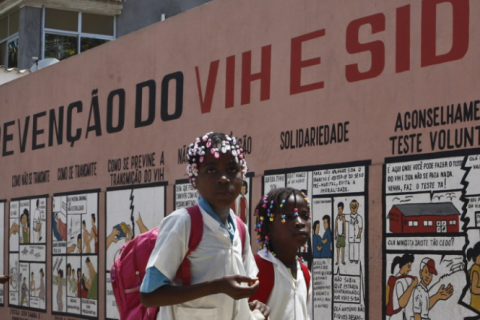"Citizens are being punished multiple times and unfairly," said Adalberto Costa Júnior on the sidelines of the third edition of the 100 Makas Economy Talks in Luanda, highlighting that the increases in fuel, basic food baskets, transport and other items have offset the gains from salary increases.
"We criticise the timing, we criticise the form, we criticise the lack of preparation for these measures," he insisted.
Last week, the price of diesel in Angola rose from 300 kwanzas to 400 kwanzas per litre, representing an increase of 33 percent, a measure that was followed by an increase in passenger transport fares, justified by the regulator as a way of ensuring the operational balance of companies and maintaining the continuity of services.
According to Adalberto Costa Júnior, the Executive's decision was taken without consulting civil society and without a strategic plan: "What it seems to me is that someone decides these things at a time that does not involve the country and the forces and social partners, and, therefore, there is this context of widespread criticism, even from those who agree."
The leader of the largest opposition party also questioned the idea that the funds saved through subsidies go directly to social sectors, since "it does not mean that the savings go exclusively to education and health.
"We say that, above all, these are priority factors, but they must go to encouraging the productive sector", he added.
During the debate, Adalberto Costa Júnior defended the need for "courage for reforms", linking economic recovery to institutional transformation.
"The reforms are, certainly, the reform of public administration, the reform of the party state, the implementation of local authorities, the capacity to reform the judiciary, all of this complements each other to create an environment of freedom", he stated.
The moderator of the meeting, economist and journalist Carlos Rosado de Carvalho, highlighted the importance of the moment for public debate and criticized the absence of the opposition leader in the state media.
"I was by his side, he has no qualms", he said ironically, arguing that the media public social should follow suit and make room for plurality.







